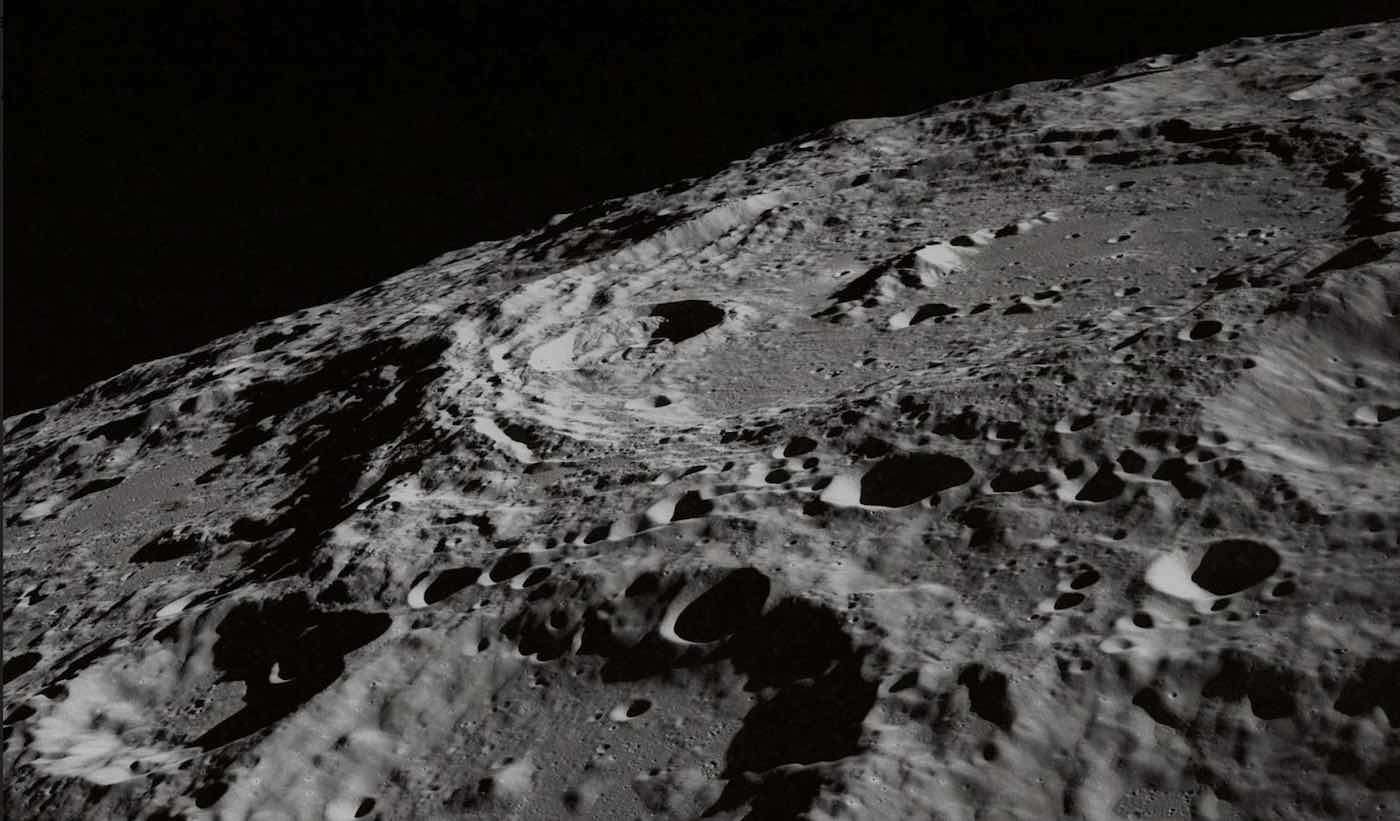This Paint is So White it Reflects Heat So Humans Don't Need as Much Cooling
Just the paint alone was shown in a demonstration to keep surfaces 19°F cooler than the surroundings.

[SWNS] – Volcanoes were erupting on the moon a billion years more recently than previously thought, according to new research from the Institute of Geology and Geophysics of the Chinese Academy of Sciences.
Scientists had previously believed the moon became "geologically dead" three billion years ago. However, new lunar samples collected during China's Chang'E-5 mission last year have revealed eruptions on its surface were still happening two billion years ago.
Since the moon is small and rocky, the heat fueling volcanic activity should have been lost far longer than two billion years ago.
Scientists previously believed that larger amounts of water or heat-producing elements inside the moon might have driven eruptions in the late stage of the moon's life. However, the new findings throw this into doubt.
For the study, researchers led by the Institute's Professor Chen Yi compared the new moon samples with those from the U.S. Apollo missions and the Soviet Luna missions.
The team conducted fictional crystallization and lunar melting simulations to compare the samples and found that the young Chang'E-5-source magma contained more calcium oxide and titanium dioxide than older Apollo magmas.
These younger samples contained more titanium and calcium, which melt more easily—thus, those components could have reduced the melting temperature of the moon's mantle, in turn triggering the eruptions.
"We discovered that the Chang'E-5 magma was produced at similar depths but 80 degrees Celsius cooler than older Apollo magmas," said the study's first author Dr. Su Bin from the National University of Singapore.
"This is a fascinating result, indicating a significant contribution of late-stage lunar magma ocean cumulates to the Chang'E-5 volcanic formation."
"It means the lunar mantle experienced a sustained, slow cooling of 80 degrees Celsius from some three billion years to two billion years ago."
The team say their work, published in the journal Science Advances, is the first viable explanation for why volcanoes remained active on the moon for a billion years longer than previously believed.
SHARE the New Moon Discoveries With Space Lovers on Social Media…
Be the first to comment